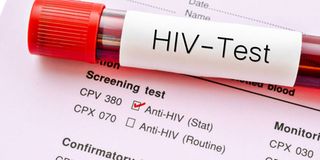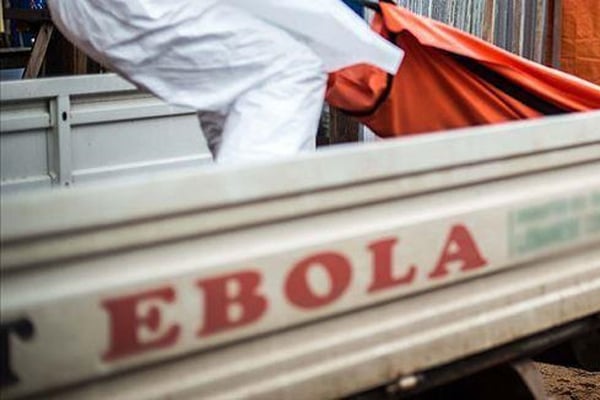Over a million Tanzanians tested for HIV through Sh83billion project

What you need to know:
According to USAID, during the six years of the program over 18,000 community health workers were trained and built the capacity of 49 local civil society organizations.
Dar es Salaam. Over one million individuals in Tanzania have accessed HIV testing services as part of a Sh83billion ($36million) project carried out for six years in 106 councils across the country.
Findings from the project, which ended early this year, further reveal that 90 per cent of people who were found to be HIV positive, were put on treatment.
This was revealed on Friday July 17 by USAID Tanzania when releasing results of the six year project known as Community Health and Social Welfare Systems Strengthening Program (CHSSP)
According to USAID, during the six years of the program over 18,000 community health workers were trained and built the capacity of 49 local civil society organizations.
Speaking to journalists via Zoom, the USAID Mission Director to Tanzania Mr Andrew Karas said the target was to ensure the project is successful and is handed over to the government for further implementation.
"The United States stands with people of Tanzania to continue to build local community health systems and to end the spread of HIV,’’ said the envoy.
“With continued partnership and collaboration in prevention, care, and treatment alike, we will achieve the goal of an Aids-free generation," he said
He said CHSSP also revitalized thousands of local government community structures across the country to be better able to identify the most at risk populations get tested and link them into care and retain them on treatment.
During the six years of the project, also 700,000 vulnerable children and their families are now linked to life-saving health and social welfare services.
These are tangible results that directly contribute towards the 90-90-90 goals to ending the HIV epidemic (90 per cent all people living with HIV will know their status



